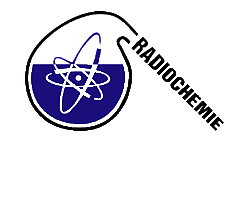Speaker
Mr
Jan Škarohlíd
(Research Centre Rez)
Description
Fluoride Volatility Method is considered to be a prospective advanced reprocessing technology for spent nuclear fuels of FBR systems. The experimental verification of the Fluoride Volatility Method has played an important role in Czech R&D devoted to Partitioning and Transmutation. The goal of the experimental technological line FERDA (Fluoride Experimental Research and Development Assembly), constructed in Nuclear Research Institute Rez, is verification of technology of FVM for the requirements of pyrochemical partitioning. The technology is based on the flame fluorination of spent fuel, subsequent condensation and multistage distillation of formed volatile fluorides. The powdered fuel is fed into the flame fluorination reactor together with fluorine gas. A separation of volatile fluorides from non-volatile ones carries out in this reactor. A main goal of the partitioning of volatile and non-volatile products of fluorination is to separate uranium in the form of volatile UF6 from plutonium, minor actinides and most of fission products that form predominantly non-volatile fluorides. UF6 is then purified from rest of volatile flurides by distillation process. The short-term capacity of the fluorination reactor is 1 – 3 kg of spent fuel per hour, however the whole facility is constructed as a batch process. The paper describes the experience with design and construction of the FERDA facility and evaluates the results of the first experiments with simulated fuel. Proposal of detailed experimental programme for next years is described as well.
Primary author
Mr
Jan Škarohlíd
(Research Centre Rez)
Co-author
Dr
Jan Uhlíř
(Research Centre Rez)

